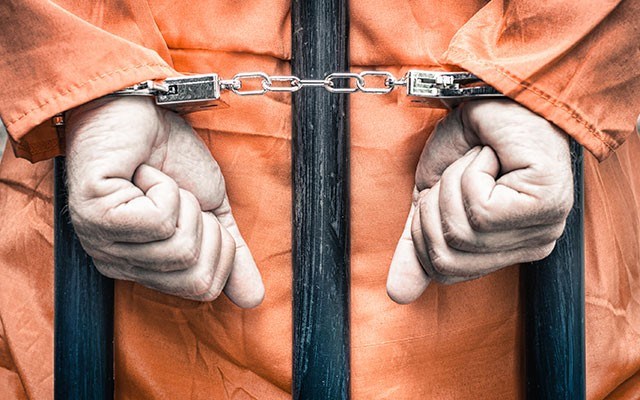With Canada celebrating the 150th anniversary of Confederation this summer, there has been lots of talk about what exactly it means to be Canadian.
Probably the most commonly touted value we Canadians hold near and dear is our spirit of inclusivity, equality and fierce commitment to human rights. Now, one need only look to our country's treatment of its first peoples to realize those supposedly inalienable rights don't always apply the same way to everyone.
But that double standard was on full display once more amidst the firestorm over the $10.5-million settlement the federal government recently paid to Omar Khadr for breaching his rights as a prisoner in Guatanamo Bay.
It's easy to understand the vitriol the decision inspired when you boil down the long and complicated Khadr saga to its component parts. On its face, it appears like Ottawa is placating a convicted terrorist with a multimillion-dollar payout, and screaming headlines from right-leaning media outlets did little to squash that perception.
But the reality, as it so often is, is much more complex.
Khadr was 15 years old when a firefight broke out between U.S. soldiers and Taliban fighters in a small Afghan village nine months after the deadly attacks of 9/11. Khadr, whose father was a known Al-Qaeda affiliate and Osama Bin Laden sympathizer, is alleged to have thrown the grenade that killed American Delta Force medic Sgt. Christopher Speer.
Let's forget for a moment that what actually happened on the battlefield that July day 15 years ago remains unclear. (The original U.S. mission debrief doesn't mention the teen as the grenadier, and it wasn't until years later that it was amended to identify Khadr by name. We still don't know why or by whom the addendum was made. Even photos of the battle scene released in 2009 appear to contradict the prosecution's own version of events.)
Let's also forget that by pretty much every international rule of law, Khadr should have been considered a child soldier, exempting him from prosecution. He was taken to Afghanistan at the age of nine and indoctrinated into an environment of fervent anti-Americanism by a father he revered and desperately wanted to impress.
When child soldiers in Africa are brainwashed into committing heinous acts, we launch fundraisers to save them. I guess it's fine when little black boys kill each other in some far-off country most of us would have trouble finding on a map. But evidently that oh-so-Canadian brand of compassion stretches only so far when the violence hits closer to home.
With all that out of the way, let's drill down to the legal specifics of Khadr's case. Taken to Guatanamo Bay, he spent close to a decade in detention without so much as a charge laid against him. There, he was questioned by both Canadian and U.S. intelligence, regularly deprived of sleep, repeatedly threatened with rape, and shackled for hours on end until soiling himself.
In 2010, facing the prospect of a lifetime at the notoriously brutal military prison, Khadr accepted a guilty plea after being told he would have no chance at a trial otherwise. Khadr later retracted his confession, claiming it was coerced, and after nine years of government-approved torture, I'm inclined to believe him.
But really, at this point, Khadr's guilt or innocence is irrelevant. The reality is this was a Canadian citizen who was detained, as a child, without trial, and abused for much of his young life before being convicted of war crimes of which neither American nor Canadian authorities were able to provide a shred of proof of.
Ottawa had every right and obligation to intervene, but, wanting to preserve a delicate alliance with its southern neighbour at the height of post-9/11 American Islamophobia, opted instead for the path of least resistance.
If the true measure of a society is how it treats its most vulnerable, then Khadr's case represents the most blatant undermining of our national morals in modern history.
A young man who was repeatedly taken advantage of by the adults in his life should have been able to count on his own government in his darkest hour. His settlement is an acknowledgement of that failure to uphold the values we hold dear, the values that we don't get to selectively apply as we see fit.
There is plenty to celebrate about being Canadian in 2017. But I think we would all acknowledge we can do better. Ottawa's settlement and subsequent apology will never give Khadr back the years he lost rotting in a Cuban cellblock, but it's a small sign of Canada's willingness to end up on the right side of history.




